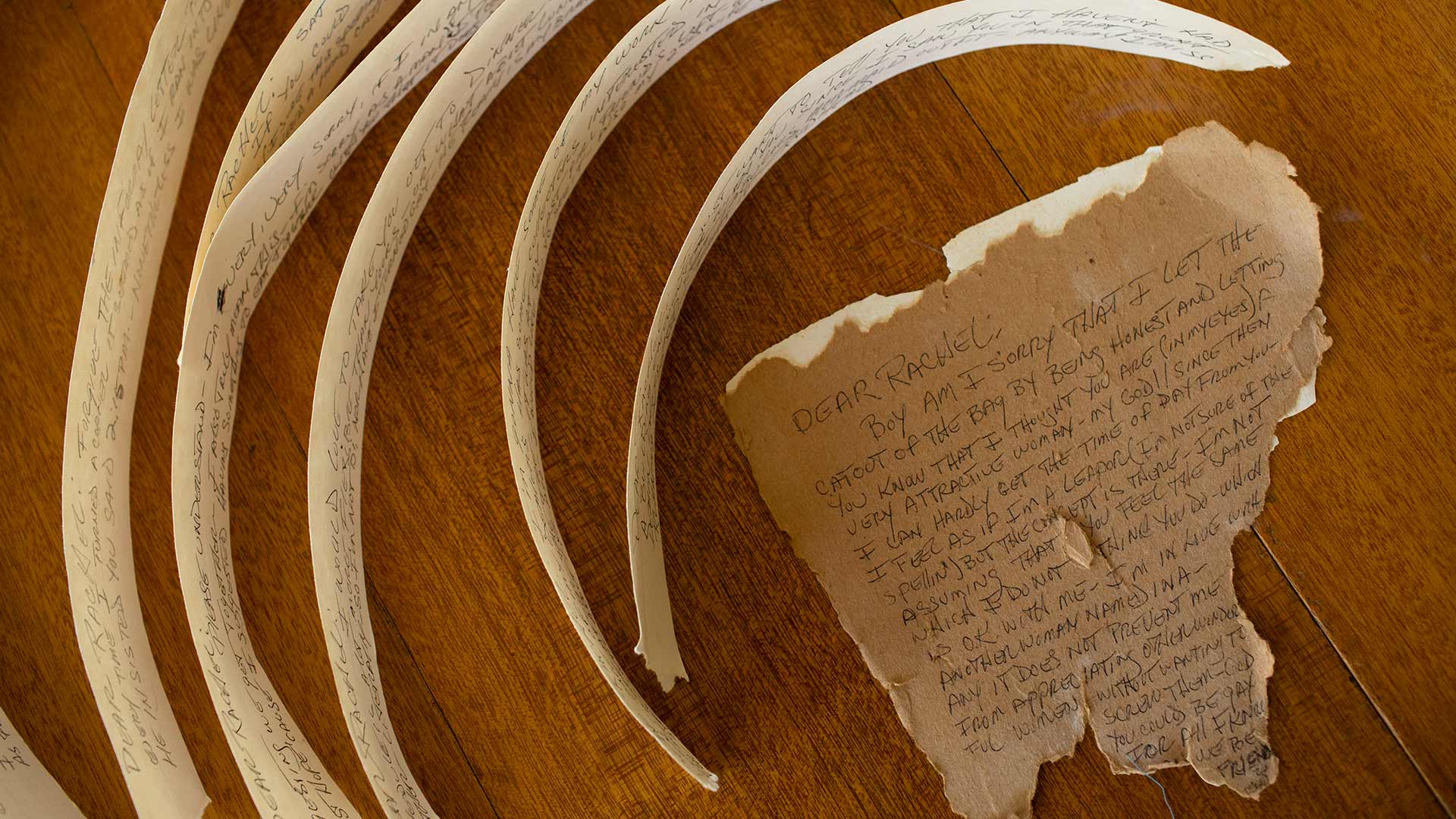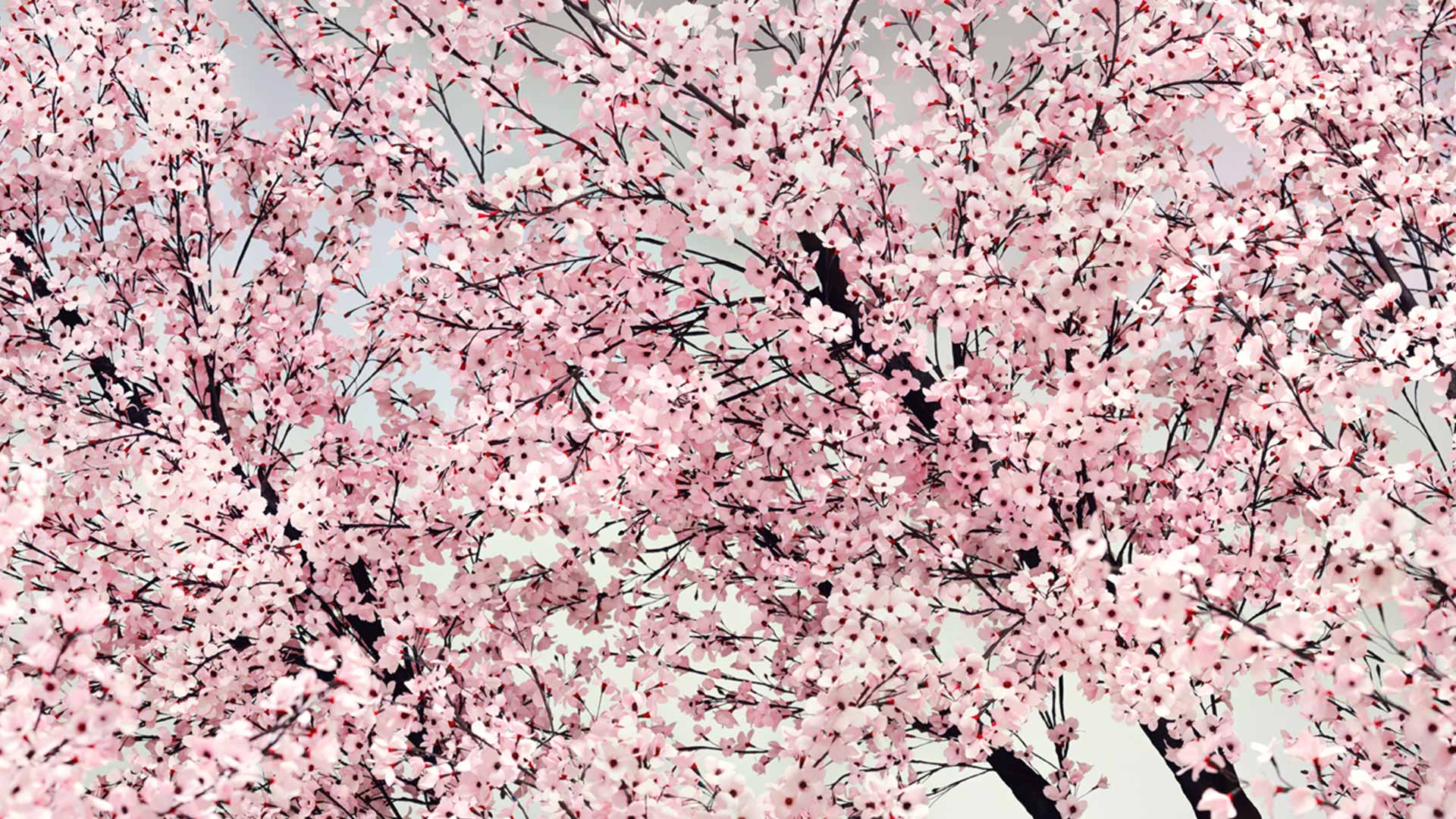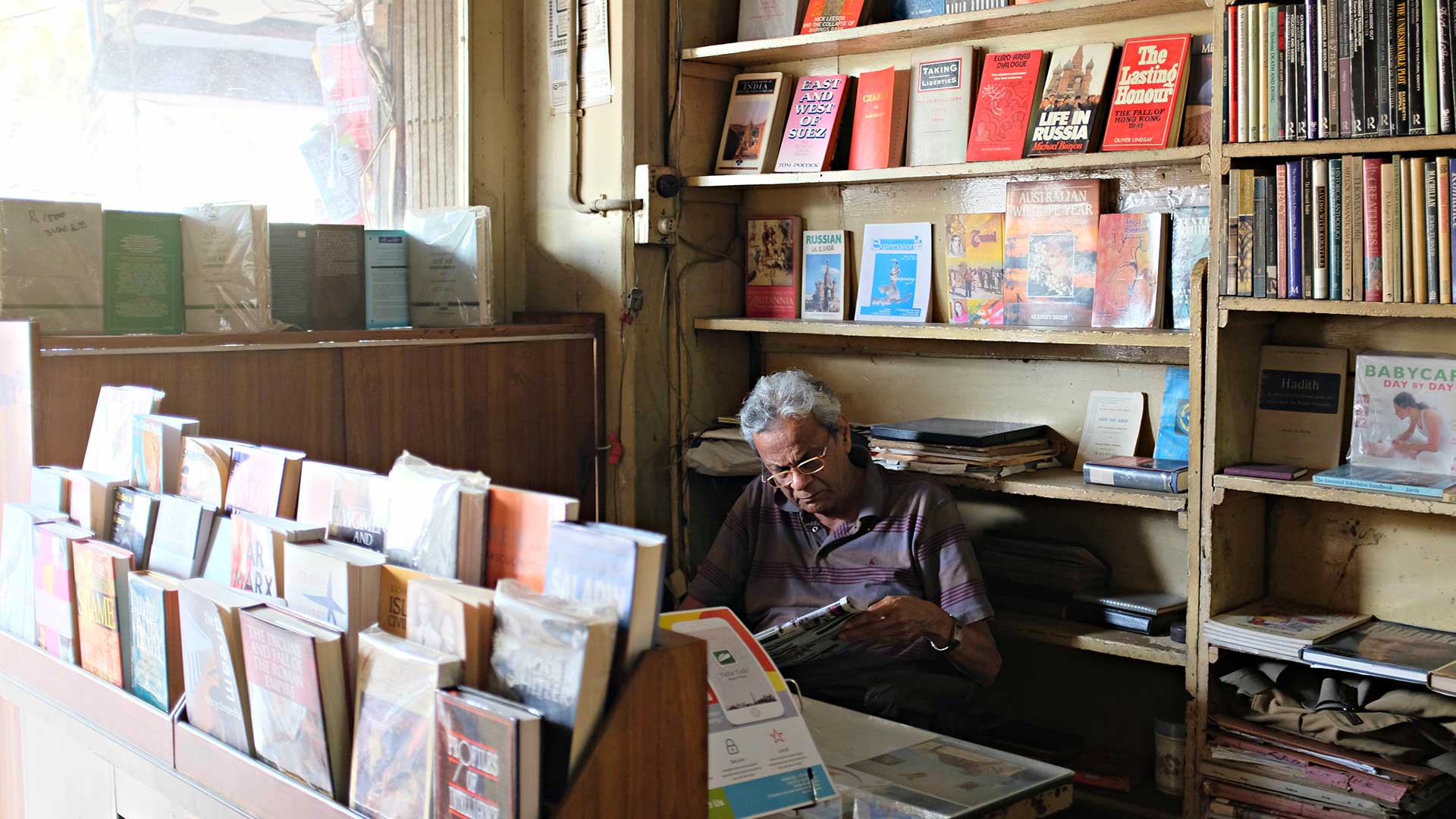The TV at the hotel in Nanjing was surprisingly state of the art, a flatscreen fixed to the wall below a framed factory watercolor landscape. The room itself had an air of ruined fancy: peeling scrollwork, ripped cane chairs, faded satin drapes. There were no walls around the bathroom, so the toilet sat next to the queen-size bed, the bathtub the dresser, and so on. My boyfriend and I were in Nanjing for no reason other than to get away from Beijing. We had agreed to break up after I miscarried, but it took longer than we thought to separate. I’d slept with a bartender in Beijing—a tall Chinese man who had seemed shocked when I followed him back to his room in the building behind the bar. We barely spoke. His teeth were small and cute and his face was hoisted up by dimples set deep on the outer edges of his eyes. In the morning, men in black suits rode through the mist on bicycles like ghosts summoning something terrible or wonderful, I couldn’t tell. I did not go home to my boyfriend. I got a bed in a hostel around the corner from our apartment. I slept all afternoon in Nanjing. My boyfriend shook me awake in the evening. I watched him pace the room and talk about the museum he’d been to. He went and flushed the toilet. He went and opened a window. He wouldn’t sit down. He complained that I’d left bits of potato chip sprinkled over the bedspread. They stuck to my bare leg as I swiveled around, trying to grab his shirttails. “Let me hold you,” I said. “I’m going downstairs to check my email,” he said. At that hostel in Beijing there’d been a Canadian girl who couldn’t stop eating. She came up behind me one evening while I was getting dressed. “I’m fat,” she said. “I can’t stop eating.” I told her, “I’d eat all the time, too, but I smoke instead.” She followed me around for the last few days she was there, studying me. She took me to the tourist market where everybody buys silk scarves and cheap porcelain cups and teapots. Someone stole her wallet. I took her to a Tibetan restaurant overlooking the American Embassy. In the bathroom, I showed her how to make herself vomit. “Just suck in, then do like you’re burping,” I told her. “Don’t use your fingers. They just get in the way.” “And I can do this after every meal?” “You can do whatever you want,” I told her. After that, we walked arm in arm down the stark boulevards, hungry, smoking. She talked about a boyfriend in medical school. Nothing else happened. We were just friends. She had my favorite kind of freckles: widespread and regular, visible only when one got up too close. “I want to sing that Chinese song about the girl with no hands, probably six or seven times,” I told the manager at the karaoke bar. This was Nanjing. I had a bottle of vodka and a liter of lemon Pepsi on the table. It was a bigger place than most—high ceilings and a disco ball, an actual stage with a microphone stand. A shy, middle-aged woman was quietly singing “Hotel California.” I barely got through one rendition of the song I’d requested. The Chinese was too hard for me. “Sorry,” I said to the crowd, and quit. They clapped anyway. Next, a middle-aged man sang “Jungle Fever” in a lovely falsetto, standing perfectly still just outside the perimeter of the spotlight. Afterward he walked off the stage, unbuttoned his jacket, and laid it carefully over the back of the chair beside me. I looked at his face. Deep-pitted acne scars, long flat hair falling to either side, thin wire-rimmed glasses. He told me he was too shy to dance but that he would like to practice his English, and asked if he could buy me dinner at some fancy club across town. “Let’s just go down the road and eat like normal people,” I said. He agreed. Later on, in a cab back to the hotel, I watched two people kneeling in the road. “Don’t worry,” said the driver, “it’s not real money they’re burning.” There was a small fire in front of them. They weren’t crying or frowning or doing anything with their faces. They looked perfectly normal. Actually, their faces looked expressionless, empty. They looked like nothing was ever or could be wrong, that nothing could ever move them. Back at the hotel, I shook my boyfriend awake. “Come outside,” I said. To my surprise, he followed me. We went out into the alley. I used my foot to clear the pavement of trash and dead leaves. I pulled out my wallet and my lighter and got down on my knees. I tried to light a five-kuai note on fire, but it wouldn’t catch. The next day, my boyfriend left. I took myself out for hot pot and got lost on the walk back to the hotel. I stayed in Nanjing two more days and saw the “Jungle Fever” man again. That time we went to the fancy club. We split a whole fish. I drank. Then I called my mom for her birthday. Then I took a train to Wuhan. Then a train to Changsha. Then I took a train to Guangzhou and a bus to Hong Kong. I had a silk dress made for me on the nineteenth floor of a concrete apartment building. The seamster pricked me with his needle a few times. “The color is good on you,” he said. This was 2003. Back when people knew the value of a few kind words. Ottessa Moshfegh is the author of four books, most recently the novel My Year of Rest and Relaxation, which was a New York Times bestseller. Her next novel, Death in Her Hands, will be published in April. She lives in southern California.
Cart
Size
Quantity
Shipping to the United States.
Apple Pay is now available as a payment option.
Subtotal (Tax Excl.)


